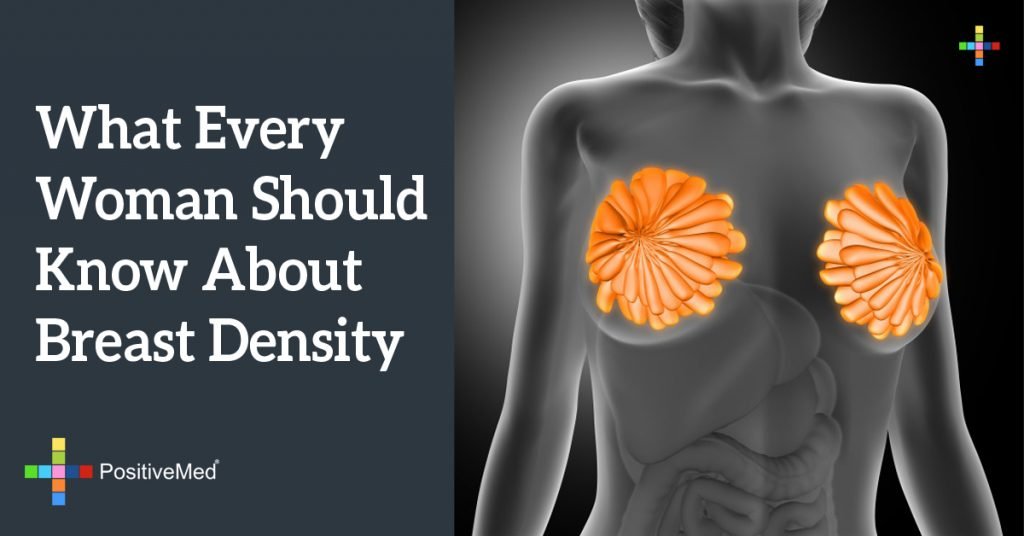
What Every Woman Should Know About Breast Density
Many of you have probably heard about breast density and it’s importance during a mammogram which is an important diagnostic tool for breast cancer. First we need to know what breast density is.

What is Breast Density?
Breast density refers to the composition of your breast tissue. Breasts are a combination of fibrous, glandular, and fatty tissue. The test compares glandular and fibrous tissues to areas with fat, simply speaking your breasts are considered dense if you have more glandular and fibrous tissue than fatty tissue, this can change slightly over time.
Do you have dense breast tissue?
You can find out through a radiologist who looks at your mammogram. This has nothing to do with breast size or firmness. Some believe that if their breasts are firm it means they have dense breasts, but it is not the same thing. Radiologists can see breast density by looking at the mammogram, the density is divided into 4 categories from least dense to most dense. The first category is breasts with the most fatty issue, which is the least dense, the fourth category is the most dense with very little fatty tissue.
Why it matters:
It’s more difficult for doctors to spot cancer in dense breasts on a mammogram because dense tissue appears white on a mammogram, as do lumps which may be cancerous. For those with dense breasts a mammogram can be less accurate. Moreover, dense breast tissue is linked with increased risk of breast cancer. This is where a baseline mammogram comes in handy, it’s easier to spot changes if you know what to look for.
What’s next?
If you have dense breast tissue talk to your doctor about extra screenings or tests that may be right for you. Since dense breasts are linked to higher breast cancer risk, lowering the density will not reduce risk of cancer, you can consider other measures to lower your risk. You still need to consider other factors like family history and high risk.
Is it Abnormal?
No! It is not at all abnormal. Approximately 40% of women who have mammograms have dense breasts, it’s more common in younger women. Only 10% of women fall in the fourth category of mammogram screening tests and 10% have fatty breast tissue, everyone else falls somewhere in between.
Facts About Dense Breasts
Genetic Factors
Breast density is often genetic, there are specific genes linked to breast density.
Age and Menopause
Changes in hormones during pregnancy cause breast density to reduce, so younger women often have denser breasts than postmenopausal women. However, women that go through early menopause due to removal of ovaries or uterus may also have less dense breasts.
Body Weight
Body weight is one of the factors related to breast density. Women with less dense breasts are more likely to have higher body weight in adulthood and adolescence and increased weight gain that starts from the age 18 as compared to women with dense breasts.
Before menopause extra weight protects women against breast cancer while after menopause it increases the risk. Staying at, or attaining, a healthy body weight is better for you and your health.





